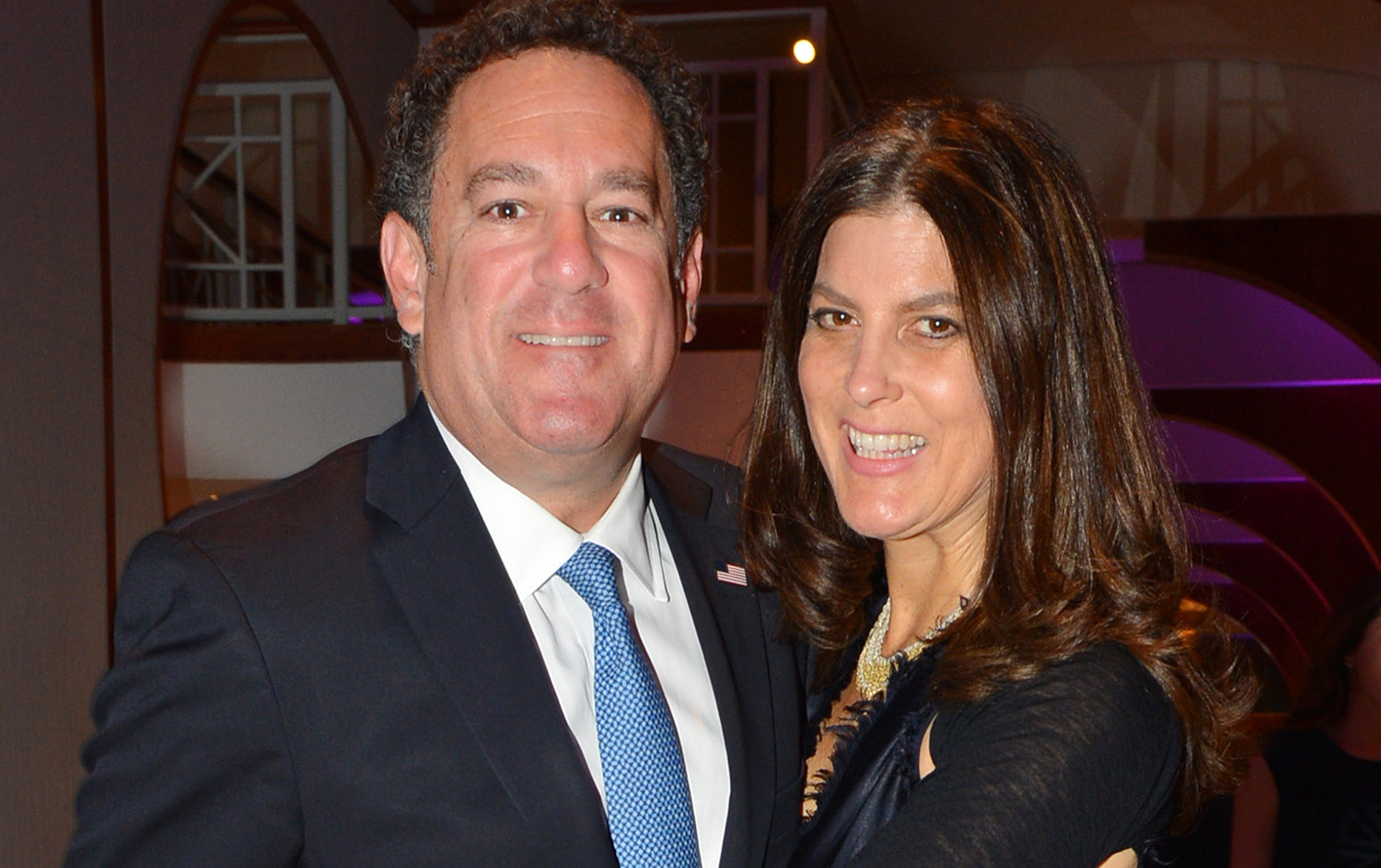Brookville Mayor Daniel H. Serota Navigates Business and Government

It may be difficult to believe, but there is very little difference between how the highest level of the federal government and a local village operates. The stakes are higher for the former, of course, and the money is beyond understanding, but the basic mission is the same: Work for the people, and do what you think is best, even when your ideas will not be loved by everyone.
“You have to tell people yes or no, and tell them the truth,” says Brookville Mayor Daniel H. Serota. “It is a delicate balance, but a leader will tell the people like it is.”
Serota has been mayor of Brookville for 10 years. He is in the middle of his third four-year term.
His business is real estate development. The Serota name is legendary in the Long Island real estate industry. Serota’s father, Nathan, who passed away 13 years ago at the age of 90, worked for the Pennsylvania Railroad selling advance tickets and, after serving in the U.S. Army during World War II, in 1947 he and his brother Morton somehow put together $3,500 and began buying land in Brooklyn to build single-family homes during the post-war building boom.
Soon they began to build homes on Long Island, in communities from Seaford to Hewlett. They diversified and went into developing commercial properties, including shopping centers. Their work began to transform the Long Island landscape.
“There needs to be progress,” says Serota. “And there needs to be leadership.”
Serota’s political career began after he purchased land in Brookville from the New York Institute of Technology, intending to build single-family homes. The bureaucracy of the village government stunned Serota.
“We had purchased 60 acres to build 10 homes, to help bring new tax revenue to the village, and the village mayor, trustees and community drove us crazy,” Serota explains. “It made very little sense.”
Given his challenging relationship with the mayor, Serota was surprised when he was offered a position on the village’s Architectural Review Board. He saw an opportunity.
“My friends and family asked me why I would want to get involved with village politics, but I used my experience trying to navigate the village government as an opportunity to learn the village, see how it worked and then make changes from the inside,” says Serota.
He wasn’t a complete neophyte in the world of government and politics. He had spent time interning with former U.S. Sen. Alfonse D’Amato. Serota plotted his path in local government. He would spend his time on the Architectural Review Board, work to become a trustee, then deputy mayor, and then he would run for the top spot to help his village.
“It is passion,” says Serota. “I don’t play golf. I like to help people with their problems. It is a never-ending job. I love it.”
Serota spends 60% of his day dealing with village issues. He does not receive a salary. There is a $1,000 stipend for the position, but he said he has never taken the money. In his time he has helped the village grow responsibly, worked closely with developers to maintain the quality of life of the village, and increased revenues without raising property taxes.
“I am very proud of what we have done for Brookville,” says Serota.
In addition to his duties as mayor, he serves as the police commissioner in Brookville. “Public safety is the number one priority. It comes before everything else,” he shares.
Serota points to bail reform and the resulting crime. “There is no fear of committing a crime anymore,” he says. Serota tells the story of a local officer pulling over a vehicle in the village that had stolen plates and four occupants. The driver explained they had car trouble and when he opened the hood, the officer saw that there was a handgun hidden. The man was arrested without incident but was free just four hours later.
He does point out that residents can help themselves from becoming victims of a crime. “Auto thefts are up, but people leave their key fob in their cars. It makes it easy for the thief. Although we live in a small, bucolic community the world is not the way it used to be,” says Serota. He also points to the mandates the state has continued to push forward, especially Gov. Kathy Hochul’s most recent attempts to pass a law that would take zoning power from municipalities so more housing can be built in Long Island communities.
“This proposal is not thought out at all. Albany does not recognize that one size does not fit all,” says Serota.
He recently attended hearings in Albany on the measure and was shocked when one lawmaker did not understand that sewage infrastructure does not exist in the village and homes instead have septic systems.
“The lawmaker did not know what a septic system or a cesspool is,” says Serota. “How can they push this mandate on municipalities without understanding what it takes to develop a property. It is misguided and uninformed.”
Serota and his family have long had a presence on the East End. For years they owned a home in Quogue and, after selling a few years ago, they now have a seasonal rental in Southampton.
“The East End is a jewel,” says Serota. “It is beautiful and offers so much. We love every day we spend out there.” Among the family’s favorite spots is Dopo Argento, the celebrated Mediterranean/Italian eatery in Southampton Village, along with restaurants 75 Main and Sant Ambroeus.
The simple pleasures are what make the difference, though. Serota points to a local beach they frequent with the family’s two dogs and a bottle of rosé.
“When you are there, it is like time stood still,” says Serota. “It is like the way it used to be when life was simple.”
Serota knows those days are gone, and things need to keep moving forward. It just needs to be done the right way.
“Residents need to understand that sometimes you cannot stop development or change. NIMBYism can hold every community back,” says Serota. “Leaders need to tell residents the truth. Developers have a right to do business, as long as they abide by the laws and guidelines. The community needs to understand that not everything can be stopped because they don’t want it. But good leadership will fight for them to make sure that it is done correctly and in the best interests of the community. Sometimes you have to bite the bullet to get things done.”
Todd Shapiro is an award-winning publicist and associate publisher of Dan’s Papers.



